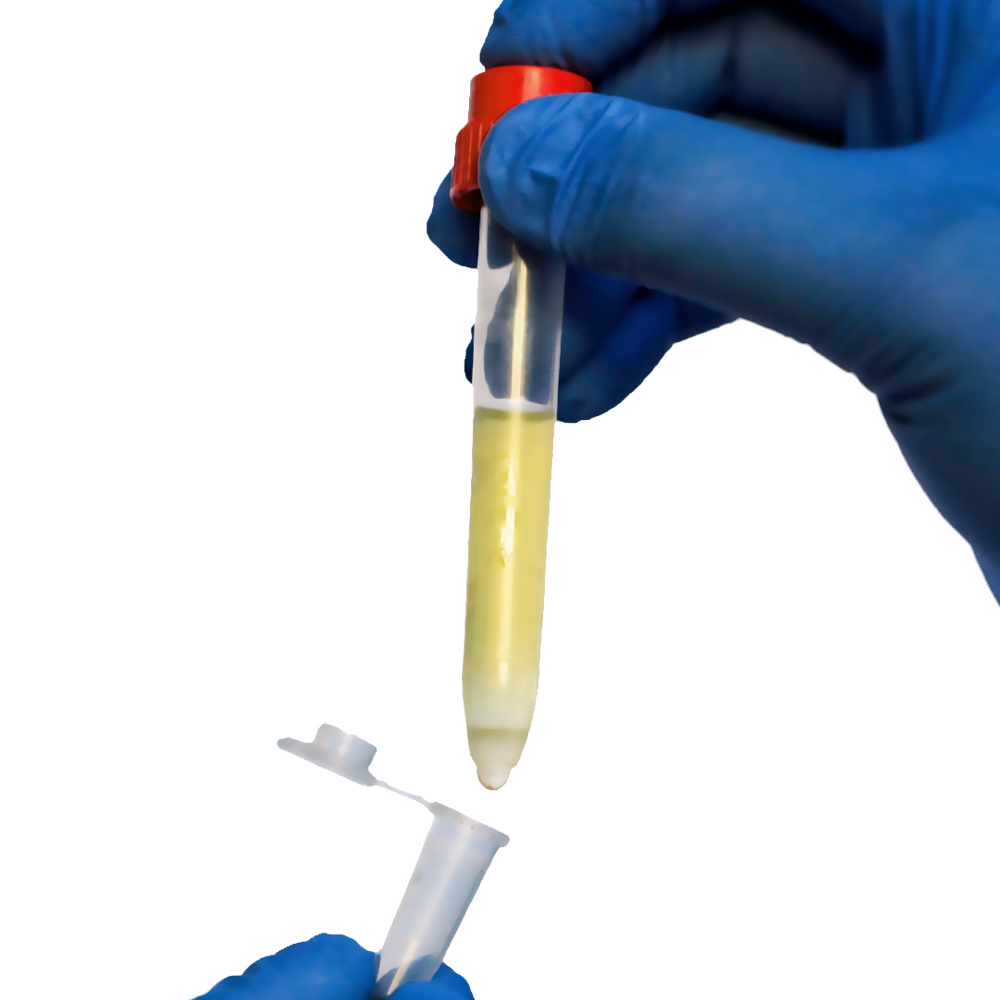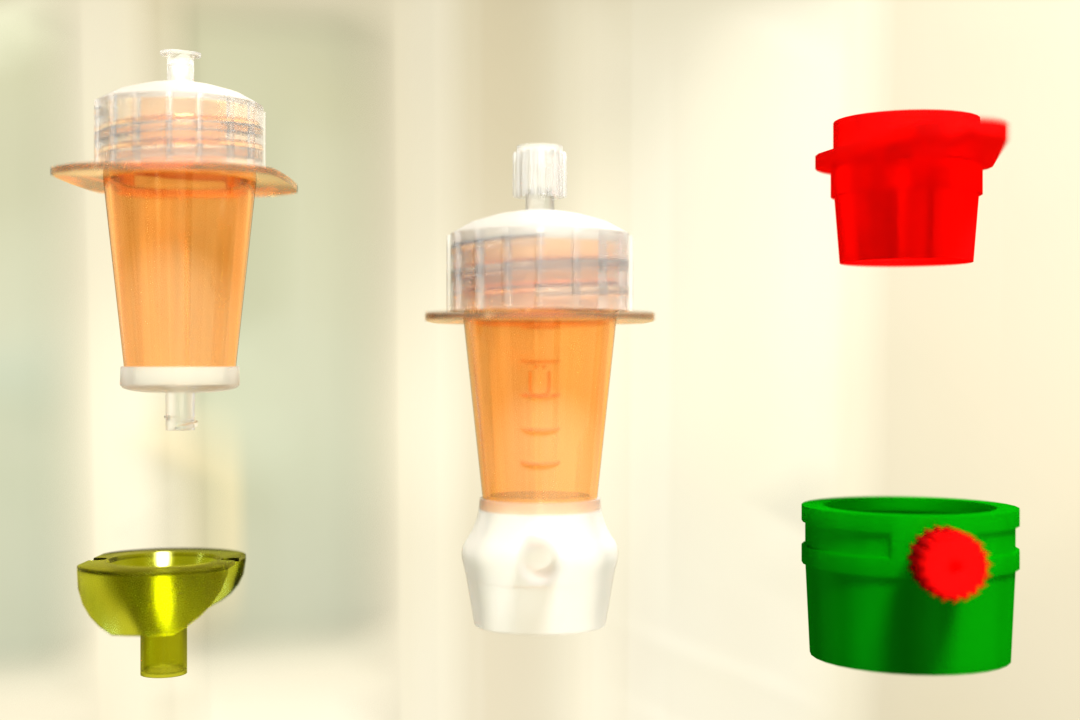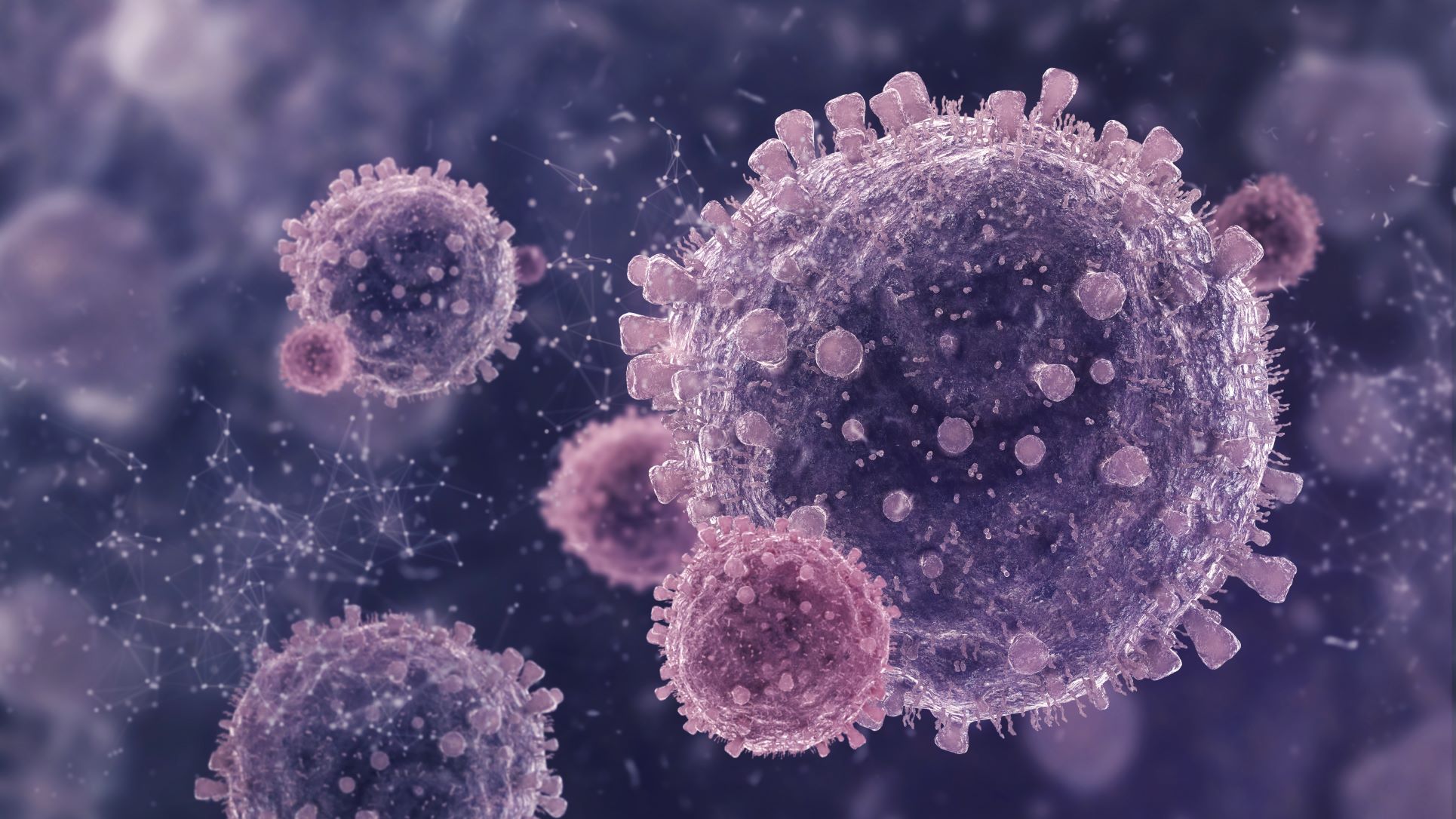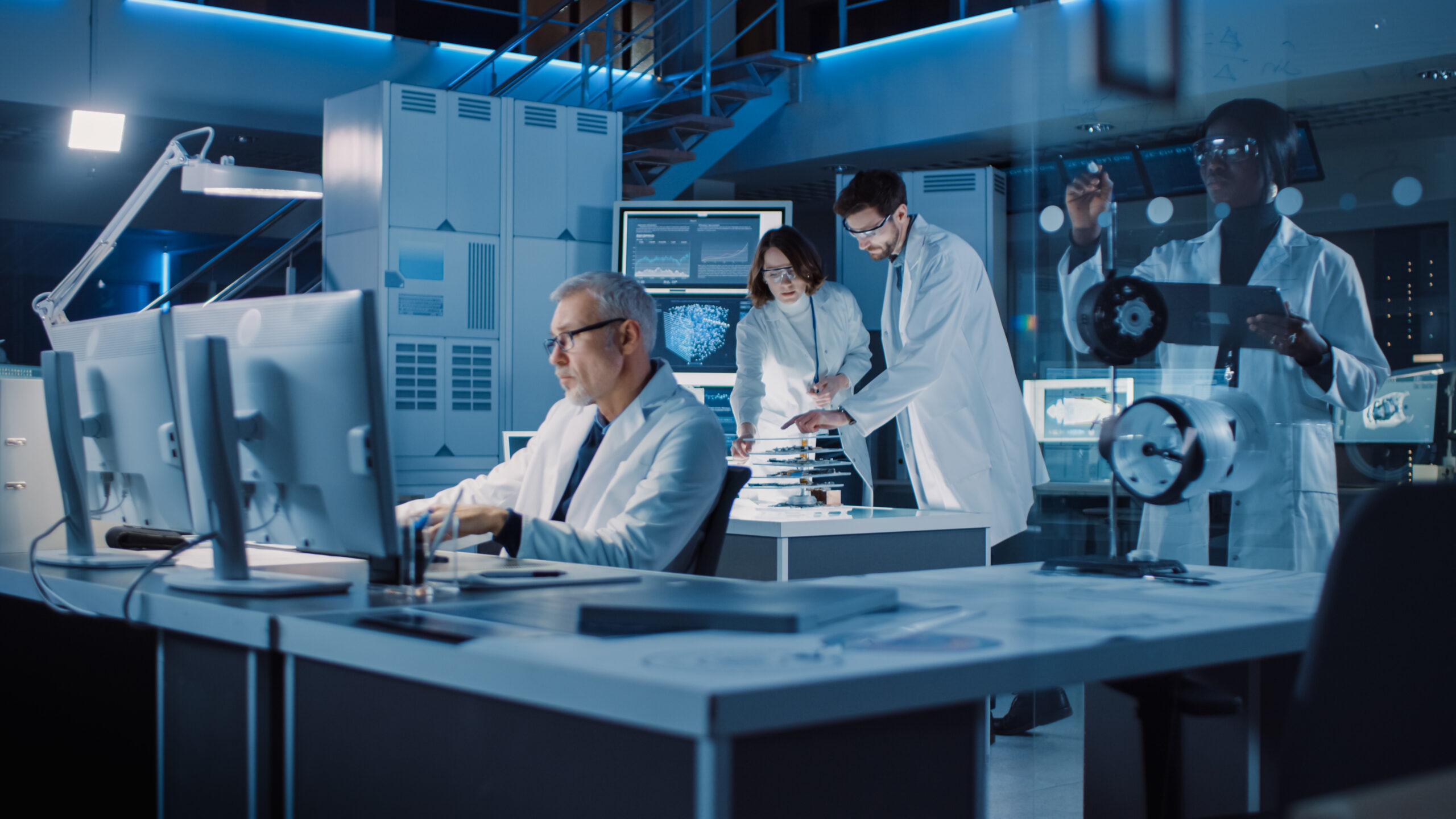Antibodies and antigens play vital but distinct roles in illness and disease. In this blog, we’ll discover the differences and the various Antibody Cell Separation technologies available.
In illness and disease, both antibodies and antigens play important but different roles. The other works to defend our health while the first tries to wreck it. Simply put, antibodies are how your body protects itself from antigens, which can make you sick.
What is an antigen?
Immunogens, also known as antigens, are toxins or substances in your blood that cause your body to fight them. Antigens can be other substances from outside your body that pose a health risk, although they are typically bacteria or viruses. An immune response is a name given to this conflict.
Your body’s lymphocytes, or disease-fighting white blood cells, are activated in the presence of antigens. Due to the presence of antigens, white blood cells produce immune system defenses called antibodies.
Heteroantigens and autoantigens are the two main categories of antigens:
Heteroantigens are substances made by or present in organisms outside of your body, including
- viruses,
- bacteria,
- protozoa,
- blood, and
- red blood cells from other people.
- allergens from snake venom, such as pollen and specific proteins in food
Your body produces autoantigens, also known as self-antigens, to fight your own cells, and they are typically a symptom of a disease like an autoimmune condition.
What are Self Antigens?
Self-antigens are the antigens found in one’s own body cells. They go by the name autoantigens as well. They are typically cellular proteins or a complex of proteins that the immune system mistakenly attacks. Autoimmune diseases are brought on by this process. Normally, impaired immunological tolerance causes a self-protein to develop into a self-antigen.
Genetic or environmental factors can contribute to impaired immunological tolerance. If these cells with self-proteins are recognized by activated cytotoxic T cells, the T cells secrete various toxins to cause lysis and apoptosis. Cytotoxic cells or self-reactive T cells should be eliminated to prevent the cytotoxic cells from killing cells that contain self-protein.
This phenomenon, which is also referred to as negative isolation, results from tolerance. The related T cells (self-reactive T cells) are not eliminated in auto-immune diseases. These self-reactive T cells instead attack the cells that present the self-protein. Celiac disease, Grave’s disease, inflammatory bowel disease, multiple sclerosis, rheumatoid arthritis, and systemic lupus erythematosus are a few examples of auto-immune diseases.
Additionally, self-antigens play a crucial role in blood transfusion. This is due to the fact that blood cells, which are essential for blood transfusion, contain some significant self-antigens. Only blood donors with the same antigens can transfuse blood into a patient. Otherwise, the blood donation will be attacked by the immune system.
The needs of developing scientific research and industries have not been met by current technologies, and this deficiency has a detrimental effect on everything from healthcare costs to research outcomes. We have put forth the best cell separation technologies in the market.
What are Non Self Antigens?
Antigens that are non-self are those that come from outside the body. Additionally known as exogenous antigens. Through ingestion, inhalation, or injection, these antigens get into the body from the outside. They are therefore referred to as exogenous. Pathogens (bacteria, viruses, and fungi), chemicals, toxins, allergens, and pollens are some examples of these non-self antigens.
Exogenous antigens are taken up by phagocytosis or endocytosis and incorporated into the antigen-presenting cells (APC). These antigens are later broken down into fragments. APCs then use MHC class II molecules on their surface to deliver the fragments to T helper cells (CD4+). Following that, CD4+ cells are activated and begin to release cytokines. Cytokines are molecules that stimulate macrophages, antibody-secreting B cells, cytotoxic T cells (CD8+), and other cells.
What is an antibody?
Immunoglobulins, or Ig, are another name for antibodies. They are Y-shaped proteins produced by B lymphocytes or B cells in your immune system.
Viruses and other toxins from the outside are attacked and removed by B cells. Making particular antibodies for a single type of antigen allows them to achieve this.
These specialized antibodies bind to and mark their unique antigens for the attack. These antigens are also blocked by antibodies, which prevent them from harming your healthy cells. In the end, antibodies eliminate these antigens and halt infection.
Immunoglobulins, or antibodies, come in several main categories.
- IgG. In your plasma, you’ll find most of these types of antibodies. They detoxify dangerous substances and offer ongoing security.
- IgM. The B cells’ initial antibodies produced in response to antigens are these.
- IgA. Antigens are gathered by these antibodies and eliminated from the body through mucus or other bodily fluids.
- IgE. These antibodies elicit allergies and offer parasite defense. Your skin, lungs, and mucosal membranes all contain trace amounts.
- IgD. By attaching to B cells, these antibodies trigger the release of IgM antibodies.
There are many different types of antibodies throughout your body, and each one protects against its specific target antigen. They are essential to your body’s fight against disease and illness.
What characteristics do self- and non-self-antigens share?
- Antigen molecules can either be self or non-self antigens.
- The immune system can be triggered by either antigen.
- Both antigen types can cause the activation of cytotoxic T cells (CD+).
- Both types of antigens may be proteins.
What distinguishes self from non-self antibodies?
Self-antigens are those that are present in one’s own body cells, whereas non-self-antigens are those that are not found there. So, the main distinction between self and non-self antigens is this.
Additionally, self-antigens are proteins found in cells or a complex of proteins, whereas non-self-antigens include pathogens (bacteria, viruses, and fungi), chemicals, toxins, allergens, pollens, and other substances.
The bottom line
Your immune system responds to antigens by producing antibodies. specific antigens are found by specific antibodies. This implies that each antibody fights a particular target antigen. Antibodies bind and neutralize antigens after they have been detected by them.
The long-term memory of your immune system contains this information. If the antigen makes another attempt to attack your body, it starts fighting back. Tests and vaccines that aid in the detection and treatment of disease and illness are developed using the distinct functions of antigens and antibodies.
To learn more about our Antibody Cell Separation products, visit our website.
Reference:
NCBI
Science Direct
 English
English French
French
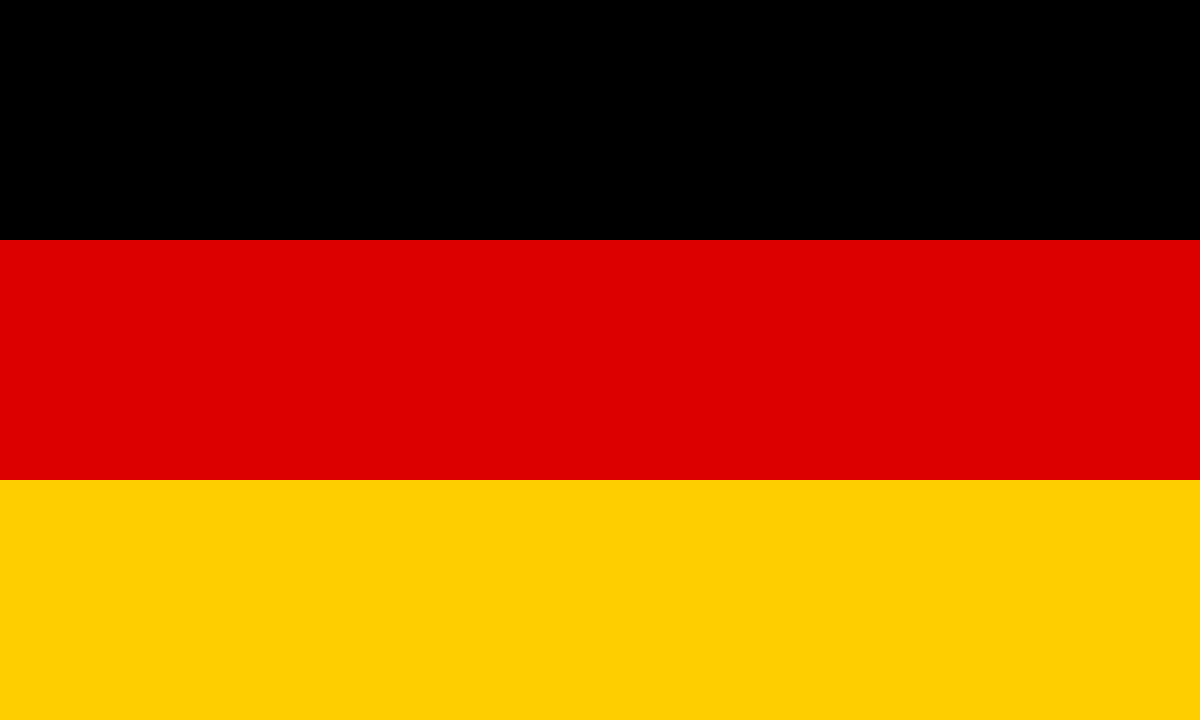 German
German
 Spanish
Spanish
 Belgium
Belgium
 Italian
Italian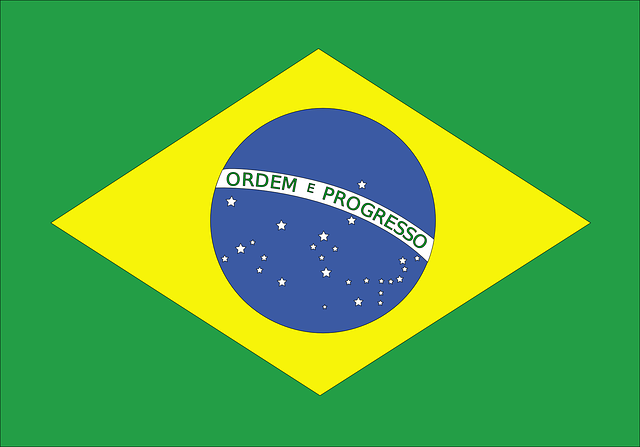 Brazil
Brazil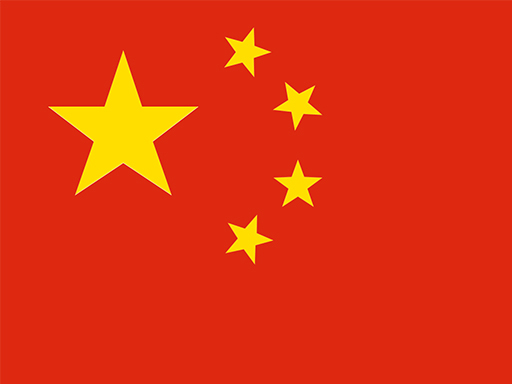 Chinese Mandarin
Chinese Mandarin
